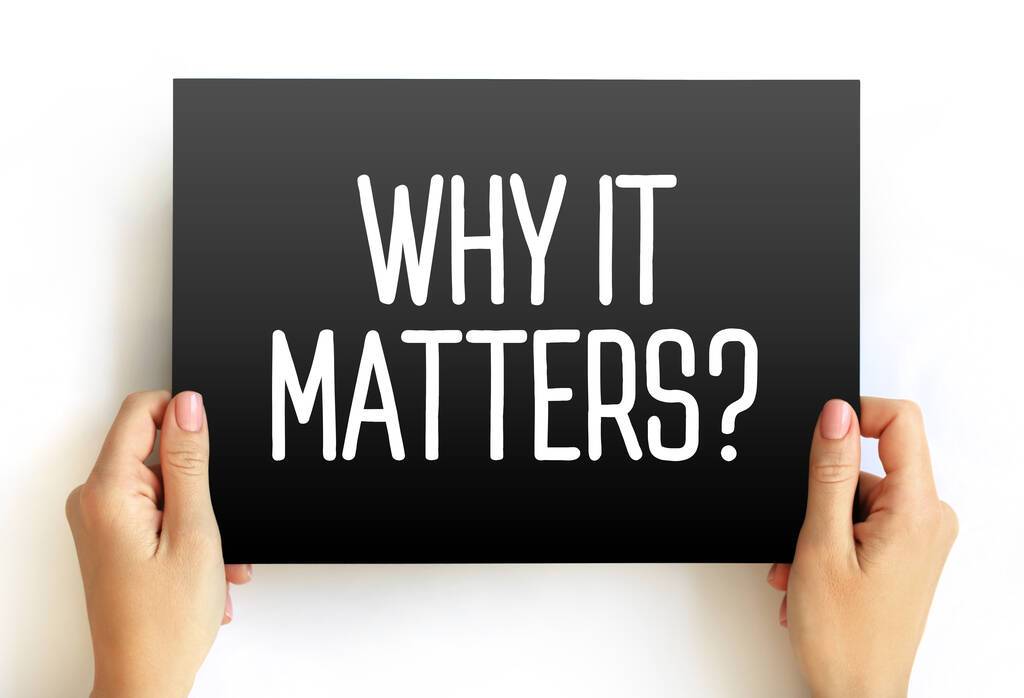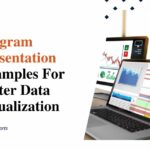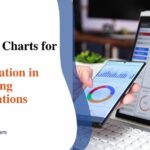The Importance of Storytelling with Data

Data alone is often not enough to convey complex information in a way that truly resonates with an audience. That’s where storytelling comes in. When data is presented through a narrative, it becomes much more memorable, easier to understand, and more likely to inspire action. In this article, we’ll explore the importance of storytelling with data and how you can use it to create more impactful and effective communications.
Why Storytelling Matters
There are a few key reasons why storytelling is so important when it comes to presenting data. Here are just a few:
1. Storytelling Makes Data More Memorable
Studies have shown that people are more likely to remember information when it’s presented in the form of a story. This is because our brains are wired to remember stories – they help us make sense of complex information and put it into context. When you present data as part of a story, you’re much more likely to make a lasting impression on your audience.
2. Storytelling Helps People Understand Data
Data can be overwhelming and difficult to understand, especially for those who aren’t experts in a particular field. Storytelling can help by providing context and explaining why the data is important. When you present data within a narrative structure, you’re essentially putting it into a language that people can understand.
3. Storytelling Inspires Action
Data is often presented in a dry, impersonal way that doesn’t do much to inspire action. By using storytelling techniques, you can make your data more emotionally engaging and persuasive. When people feel invested in the story you’re telling, they’re much more likely to take action based on the data you’re presenting.
How to Tell a Compelling Story with Data
Now that we’ve established the importance of storytelling with data, let’s take a look at how you can do it effectively. Here are a few tips:
1. Start with a Compelling Hook
Just like any good story, your data narrative should start with a compelling hook that grabs your audience’s attention. This could be a surprising statistic, a bold statement, or even a personal anecdote that sets the stage for the data you’re about to present.
2. Use Visuals to Enhance Your Story
Visuals can be incredibly powerful when it comes to presenting data in a way that’s easy to understand and engaging. Consider using charts, graphs, and other visual aids to help convey your message. Just be sure to keep things simple and avoid overwhelming your audience with too much information.
3. Make Your Story Relevant to Your Audience
One of the keys to effective storytelling with data is making your story relevant to your audience. This means understanding their needs, interests, and pain points, and tailoring your narrative accordingly. If you can show how the data you’re presenting directly relates to your audience, you’ll be much more likely to capture their attention and inspire action.
4. Use Emotion to Drive Your Message Home
Data can be dry and impersonal, but by tapping into the emotions of your audience, you can make it much more impactful. Consider using personal anecdotes, real-life examples, or even humor to help your audience connect with the data you’re presenting on a deeper level.
5. End with a Call to Action
Finally, it’s important to end your data narrative with a clear call to action. What do you want your audience to do with the information you’ve presented? Whether it’s signing up for a newsletter, making a purchase, or taking some other action, be sure to make it clear what you want your audience to do next.
Conclusion

Storytelling with data is a powerful way to make complex information more memorable, understandable, and actionable. By following the tips outlined in this article, you can create narratives that truly resonate with your audience and inspire them to take action based on the data you’re presenting. So next time you’re faced with a pile of data that needs to be communicated, consider using storytelling techniques to bring it to life.







